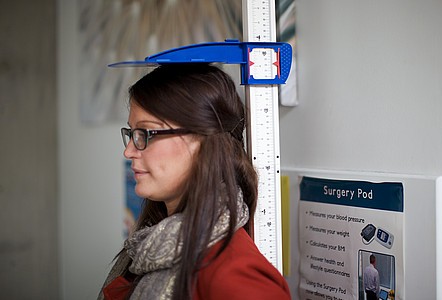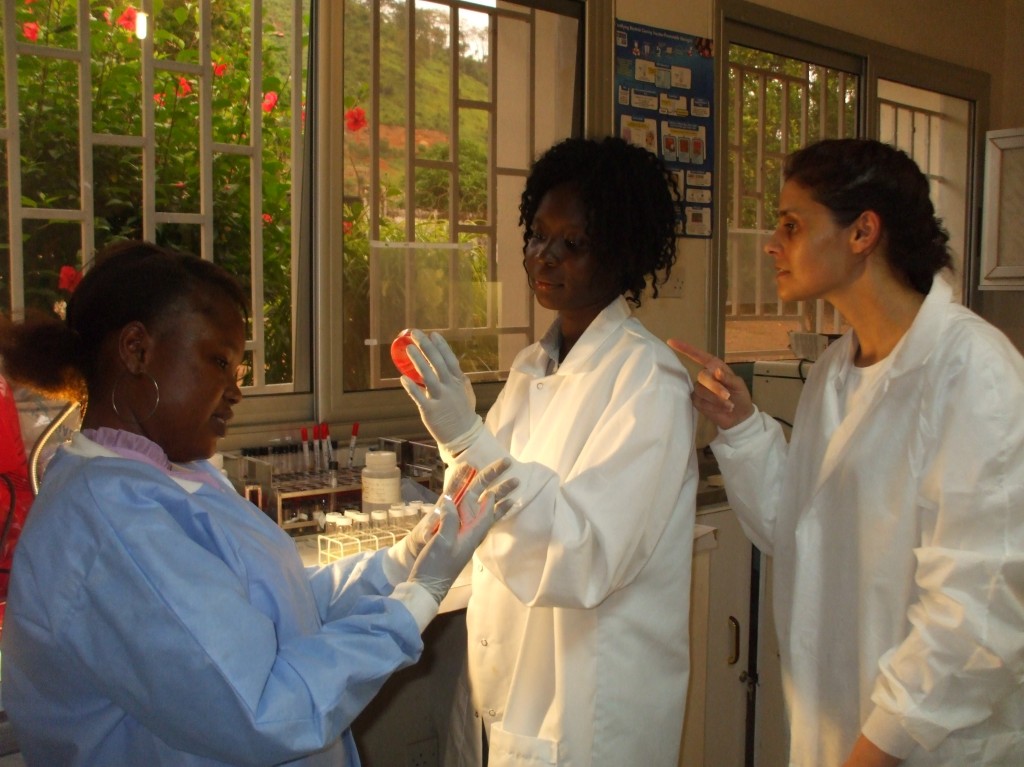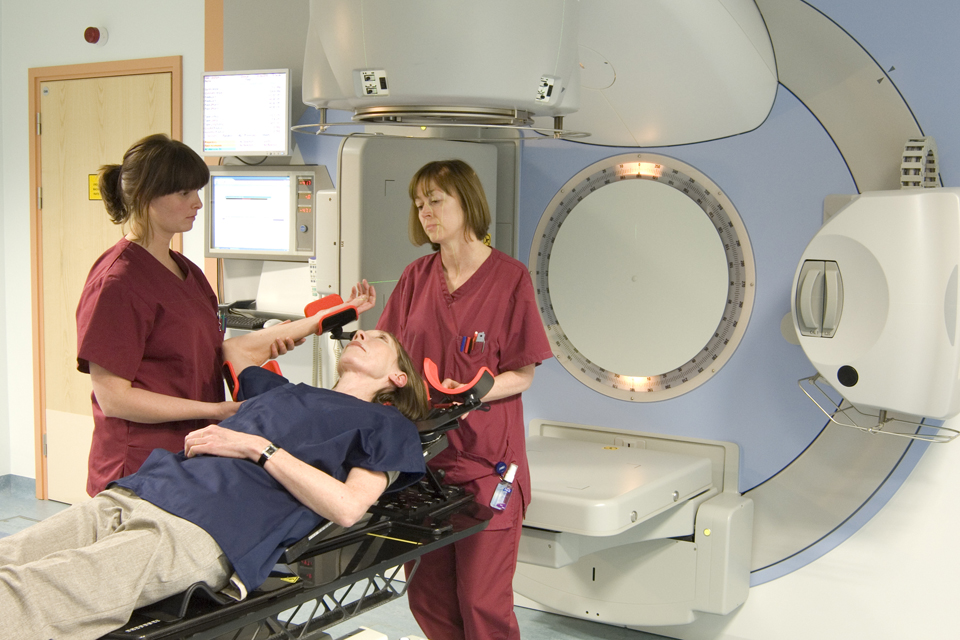What is RSV and is there a vaccine?
What is RSV and is there a vaccine?
Respiratory syncytial virus (RSV) is a major respiratory virus that is common over the winter period, typically November to February. While the symptoms are mild for many, RSV accounts for around 30,000 hospitalisations of children under 5 in the UK annually, and for 20 to 30 infant deaths. In this post, we look at the symptoms, risk factors and who is eligible for the vaccine.






